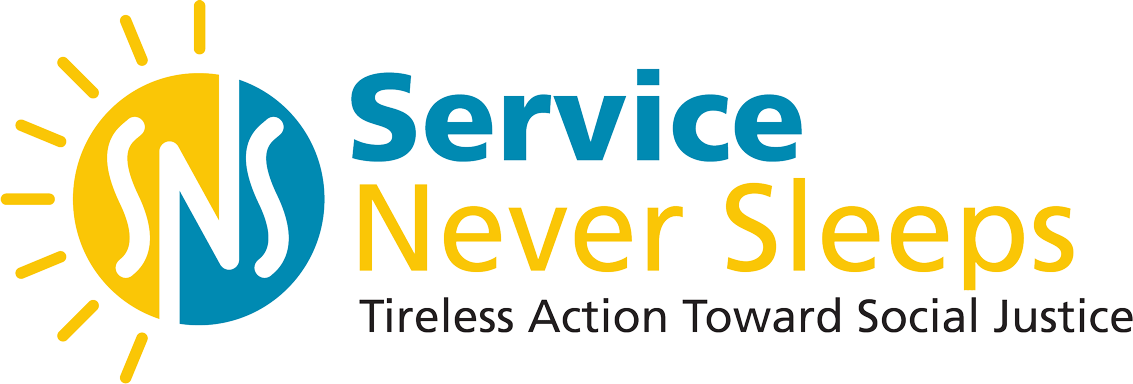
This Black History Month, I am watching Eyes on the Prize, a series that covers the major events of the civil rights movement. While I have seen the documentary before, I felt moved to revisit it in order to stay focused, motivated, and hopeful amidst the relentless bombardment of alarm, outrage, and chaos cycling through the news. With each episode, I have been profoundly inspired by the thousands of people who made up the movement, and deeply grateful for their efforts and sacrifices that allowed for many of the rights that I have today. As we enter SNS’ 10th year and prepare for the work ahead, Eyes on the Prize has also re-grounded me in several important principles that have remained true throughout history in the pursuit of justice:
1. Many Approaches Work
Thousands of Black people made up the civil rights movement with different tactics and strategies, which were informed by their direct experiences, philosophies, gifts, and spheres of influence. Their collective efforts demonstrate that there isn’t one sole template for movement work, and that the people who are directly impacted must be centered.
2. The Goal Requires Risk
Racial justice efforts involve truth-telling, disruption, and action. Every episode, I watched as people faced consistent vitriol, violence, arrests, and death in the pursuit of justice. While the level of risk may vary for people, it is part of the work toward our north star of liberation.
3. Allies Make a Difference
While Black people led the civil rights movement, there was no shortage of ways that allies supported. They participated in direct action, helped register people to vote, provided meals, hosted safe places to stay and organize, donated funds, called their legislators, and publicly spoke out against the injustice. These are some of the many ways that we can leverage our own privilege–knowing that risk is required of allies as well.
4. It’s a Long-Term Commitment
This documentary, alone, highlights a sustained period from 1954 – 1985. While there were hurdles, losses, setbacks, and detours along the way, freedom fighters kept the movement going through persistence and passion. This 30-year spotlight reminds me that there was plenty of work done before the civil rights movement, and the efforts have been maintained and evolved since then. The work must continue.
5. Celebrate the Wins
While the movement lasted for decades, people celebrated the wins along the way. From changed legislation, to voting rights, to Black pride, people made sure to recognize their impact as motivation that their efforts were worth it. Acknowledging wins demonstrates progress and allows for continued hope about what is possible.
6. Prioritize Community
Activists and organizers broke bread together over dinners, and prayed together in faith-based institutions. They hosted each other for rest, and babysat each other’s children. They provided hot meals, clothes, and healthcare for their community members. They cried together, laughed together, sang together, and danced together. At the heart of this movement was community, which allowed sustainment through support, purpose, and joy.
Guidance for our Present Work
As I reflect on SNS’ past decade, and prepare for the difficult work ahead in this climate, I am inspired by the fact that knowledge and power don’t stay in the past, but are guides for the present and embodied by many of today’s leaders. In this period of celebrating Black history and SNS’ history as a Black-Led organization, we are extending a special invitation for you to join us by reading our report, What Does it Mean to be Black-Led? An extensive guide on liberatory organizational management, Black leaders’ experiences, and their needs from supporters to thrive. This can be a valuable resource for anyone who wants to learn and take action within their own spheres of influence, and it can provide guidance for how to support Black leaders and Black-Led organizations in this time of public attack and threat to our critical work.
If you have already read the report, we invite you to complete this brief survey to share what you learned and what you will do by effect. We will look forward to sharing more about the impact of this report, and our 10 years of work, throughout the year.
These times can feel overwhelming, and the pursuit of liberation can be exhausting. However, Black History Month is an inspirational reminder to stay the course, and to be in community as we do it. That way, while the tireless action toward justice is ongoing, we are part of a larger movement that allows us to rest knowing that the load is shared, and to relieve others when we are recharged. We have all that we need.
In community,

Whitney Parnell
Founder & CEO
